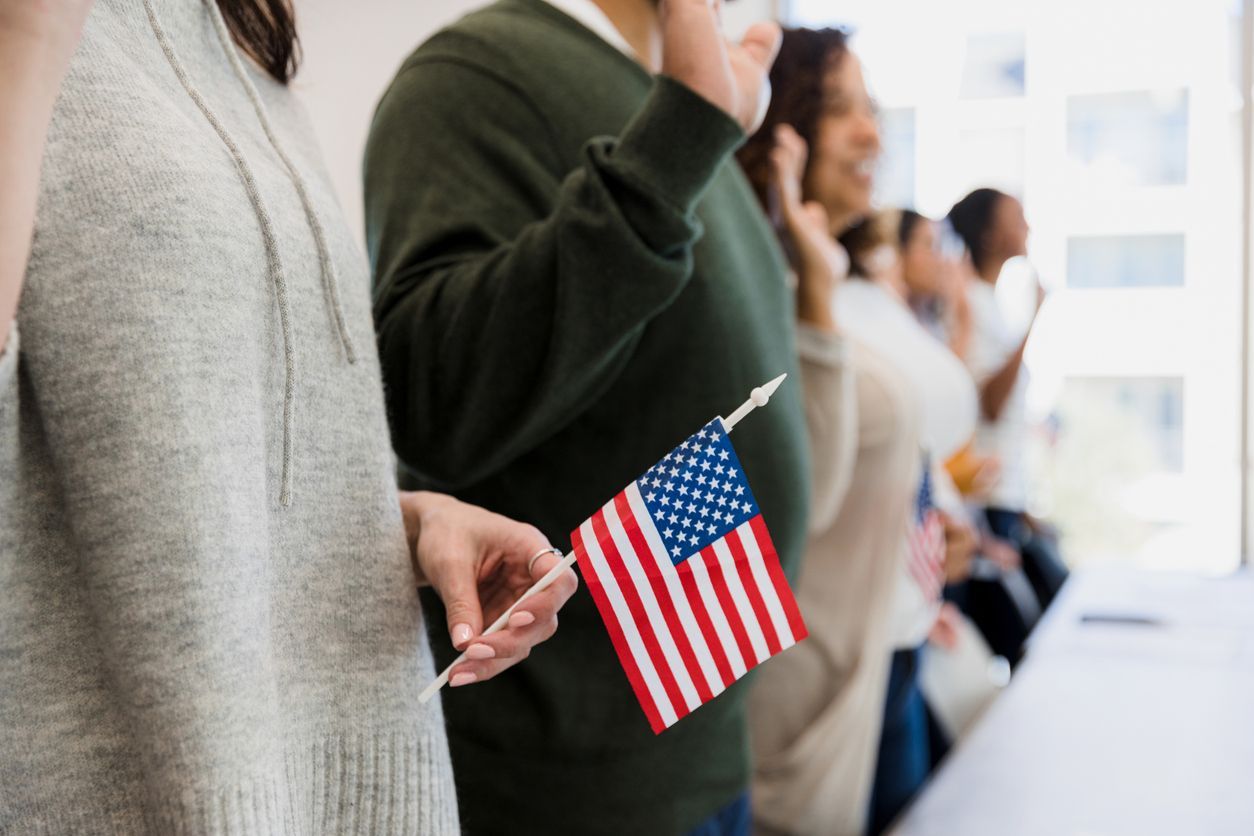October 22, 2024
For individuals seeking to come to the United States for a temporary purpose, non-immigrant visas offer the opportunity to visit, work, study, or conduct business legally within a set period. At Labrada Dume & Associates, a law firm in New York, we specialize in helping clients navigate the complexities of the U.S. visa system to ensure they can successfully apply for and obtain the appropriate non-immigrant visa based on their needs. What Is a Non-Immigrant Visa? A non-immigrant visa allows foreign nationals to enter the United States for specific purposes on a temporary basis. These visas are typically granted for a limited duration, depending on the reason for travel, and they do not lead to permanent residency or citizenship. There are many types of non-immigrant visas, each designed to accommodate different circumstances, from tourism to business and employment to study. Types of Non-Immigrant Visas Here are some of the most common categories of non-immigrant visas: 1. Visitor Visas (B-1/B-2) B-1 Visa: This visa is issued for individuals traveling to the U.S. for business purposes, such as attending meetings, negotiating contracts, or consulting with business associates. B-2 Visa: This visa is for individuals traveling for tourism, visiting family or friends, medical treatment, or other personal purposes. Both B-1 and B-2 visas are typically granted for up to six months, with the possibility of extension in certain circumstances. 2. Work Visas Work visas allow foreign nationals to come to the U.S. to take on specific employment opportunities. Some of the most common work visas include: H-1B Visa: Issued to professionals in specialty occupations that require a minimum of a bachelor's degree or higher. This visa is often used by skilled workers in fields like IT, engineering, and healthcare. L-1 Visa: For employees of international companies who are transferring to a U.S. branch, affiliate, or subsidiary. There are two types of L-1 visas: L-1A for executives and managers and L-1B for employees with specialized knowledge. O Visa: For individuals with extraordinary abilities in fields such as the arts, sciences, education, business, or athletics. This visa is for highly talented individuals recognized for their accomplishments. E-1/E-2 Visa: For nationals of countries that have treaties of commerce and navigation with the U.S. These visas allow for trade (E-1) or investment (E-2) purposes in the United States. 3. Student Visas (F-1 and M-1) F-1 Visa: This is the most common visa for students who wish to pursue full-time academic studies in the U.S. at accredited institutions, including colleges, universities, and high schools. F-1 visa holders can also apply for Optional Practical Training (OPT) to gain work experience related to their field of study. M-1 Visa: For individuals enrolled in vocational or technical training programs, the M-1 visa allows foreign nationals to pursue practical, non-academic studies in the U.S. 4. Exchange Visitor Visas (J-1) The J-1 Visa allows individuals to participate in exchange programs that promote cultural and educational exchange. J-1 visas are often used by students, scholars, interns, teachers, and other professionals coming to the U.S. for temporary training, research, or teaching assignments. 5. Temporary Skilled Worker Visas (H-2A/H-2B) H-2A Visa: Issued to temporary agricultural workers who come to the U.S. for seasonal or temporary agricultural labor. H-2B Visa: For temporary non-agricultural workers, this visa allows individuals to work in industries such as construction, hospitality, and landscaping where there is a shortage of U.S. workers. Application Process for Non-Immigrant Visas Applying for a non-immigrant visa involves several important steps, and it's essential to prepare thoroughly to increase your chances of approval: Determine the Visa Type: The first step is determining which visa category is appropriate for your purpose of travel. Whether you’re visiting for business, studying, or taking on a temporary job, choosing the right visa category is crucial. Complete the Online Visa Application (Form DS-160): Once you’ve identified the correct visa, you must fill out Form DS-160, the online non-immigrant visa application. This form requires detailed information about your background, travel plans, and purpose for entering the U.S. Pay the Application Fee: Most non-immigrant visas require the payment of a visa application fee, which varies based on the type of visa you are applying for. Schedule and Attend the Visa Interview: After submitting your application, you’ll need to schedule a visa interview at the U.S. embassy or consulate in your home country. At the interview, you’ll be asked about your reasons for traveling to the U.S. and your ties to your home country to ensure you intend to return after your visa expires. Provide Supporting Documents: You may be required to submit various supporting documents, such as a valid passport, proof of financial support, a letter of invitation (if applicable), and evidence of ties to your home country. Wait for a Decision: After your interview, the U.S. consular officer will decide whether to approve or deny your visa. If approved, you will receive your visa and can begin making arrangements for your travel to the United States. Challenges and Common Issues with Non-Immigrant Visas While many people successfully obtain non-immigrant visas, the process can present challenges, including: Visa Denials: Visa denials can occur for a variety of reasons, such as insufficient documentation, failure to demonstrate strong ties to your home country, or previous immigration violations. Delays in Processing: The visa application process can be delayed due to high demand, security clearances, or administrative processing, causing applicants to miss important travel deadlines. Misunderstanding Visa Conditions: Each visa comes with specific conditions that must be followed, such as limitations on employment, duration of stay, and travel restrictions. Violating the terms of your visa can result in its revocation or difficulties renewing it in the future. How Labrada Dume & Associates Can Help At Labrada Dume & Associates, we understand the complexities of the U.S. visa process and are here to guide you every step of the way. Our legal team has extensive experience assisting clients with: Visa Selection: We help you determine the right visa category based on your unique circumstances and travel goals. Application Preparation: We assist with completing and submitting the DS-160 form and ensure all required documentation is included to maximize your chances of approval. Interview Preparation: Our team will help you prepare for your visa interview by reviewing potential questions and ensuring you have the necessary documentation. Addressing Visa Denials: If your visa application is denied, we can assess the reasons for the denial and explore options for reapplying or appealing the decision. Non-immigrant visas provide an essential pathway for individuals seeking temporary entry into the United States for work, study, tourism, or other purposes. At Labrada Dume & Associates, we are dedicated to helping clients navigate the often complex visa application process and ensuring their legal rights are protected. If you’re planning to apply for a non-immigrant visa, contact Labrada Dume & Associates today for expert legal guidance and support.








